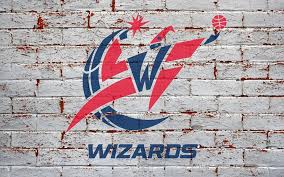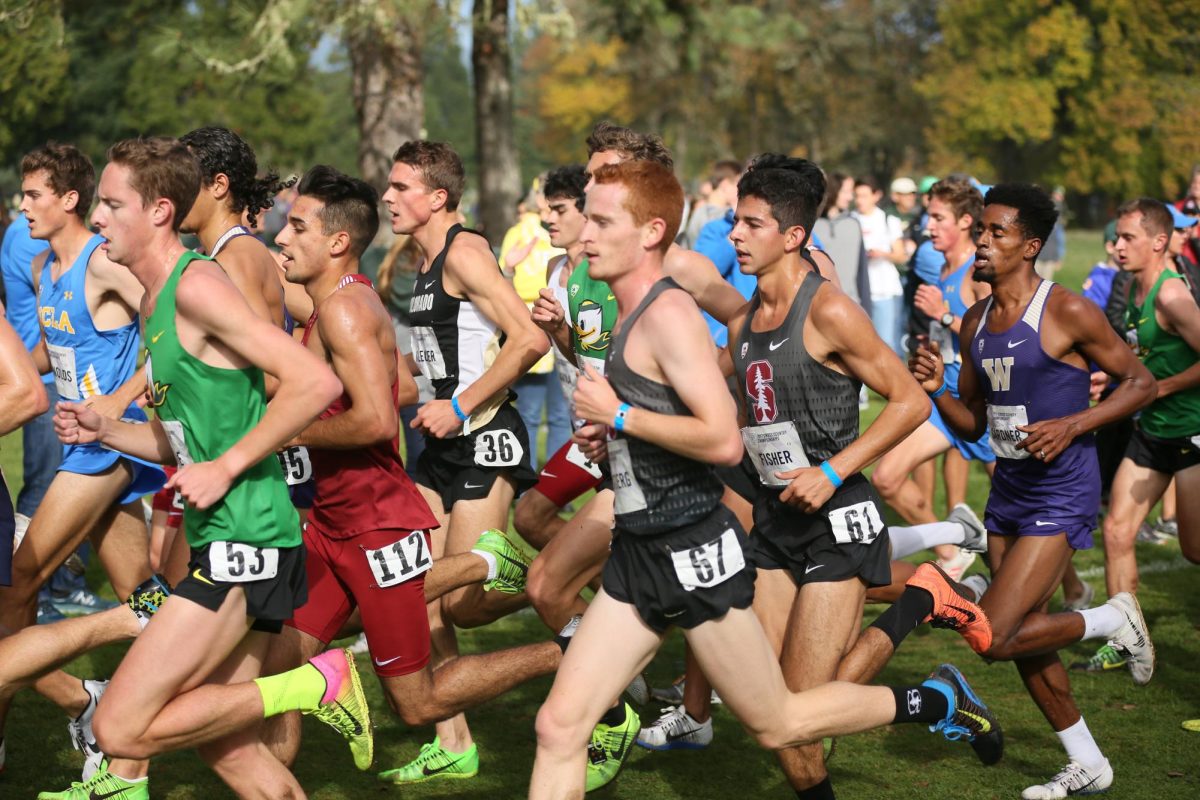Just 18 days ago, I committed to St. Bonaventure to run cross country and track and field at the division one level, ending a long and somewhat exhausting 15 month process. Getting recruited isn’t easy, it takes a lot of hard work and dedication. When I say this, I’m not even talking about when it comes to putting in work running-wise. While this is required, I firmly believe that anyone who puts in a good period of training will have a spot somewhere out there to run in college. However, one of the most important things that I learned is that even as a talented runner, you can’t wait to be recruited. You have to initiate the process yourself.
Knowing What Schools to Reach out to
One of the major questions one may ask is, how do I know what schools I’m good enough to run at? A very simple way to do this is by using an amazing recruiting website known as Runcruit.com. All you have to do is enter one or two of your best times in any event from track to cross country, your grade, and your gender. Once you hit submit, you will get a massive list of schools that will either list you as a potential walk-on or recruit. If you adjust your search settings, you will also be able to see schools that you may be able to earn a try-out at, but that won’t appear in your initial search. You can also adjust your search settings to only include schools from certain states, divisions, and conferences. If you’re a projected walk-on, that means that you will be able to run on the team, but you won’t receive any money. If you’re a projected recruit, this means that you are in contention to receive scholarship money at this school. While this doesn’t guarantee you a response from the coach or a spot on the team, all of the recruiting times are based off of gathered data from those school’s recent recruiting classes. This very site is exactly how I found St. Bonaventure, Mount St. Mary’s, Loyola (MD), Sacred Heart, and all of the other schools that I ended up reaching out to.
Reaching out to Schools
One of the best ways to get a school’s attention is to compose a strong email to the head and assistant coaches. A strong email should have a subject line containing your name, your graduation year, a notable time of yours, and your GPA. For example, mine was, “Canton Wetzel, Class of 2025, 16:52 5K, 3.88 GPA.” College coaches get dozens, if not hundreds of emails every day, so you need to let them know that you’re worth their time. In my email, I followed a five paragraph format. In the first paragraph, I told the coaches about what I really liked about the school, such as the facilities and the program, and I also told them that I either visited the campus or did a virtual tour. It is important to do some research on the school before you send an email, as it shows the college coaches that you’re truly interested. In my second paragraph, I told the coaches what I liked about their team, such as their recent performances that I was impressed with, the experience of the coaches, or the fact that they had a young and up and coming program. In my third paragraph, I noted some of my best performances, achievements, and times from my most recent season. In my fourth paragraph, I noted my biggest academic achievements, such as my GPA, SAT score, and AP scores. Finally in my closing paragraph, I listed my phone number and let the coaches know that I would love to hop on a phone call in order to hear their vision for the future of their program. If you follow this format, coaches will respond to you, and you will receive interest from colleges no matter your skill level.
You Don’t Need to be an Elite Runner to Run in College
A common misconception out there is that only elite runners are able to compete in college. However, that claim is false. Only the individuals who take the time to get recruited are able to run in college. While I may be running at the division one level, I have only competed in one cross country state championship individually, and I haven’t even won a race in my entire high school career. However, I took the time to reach out to coaches, stayed committed to my academics, and ran times fast enough to earn a spot on the team. Many division three and NAIA schools will take just about anybody, as their programs are very small. If you stay committed to the process, you will be able to be a college athlete!

























